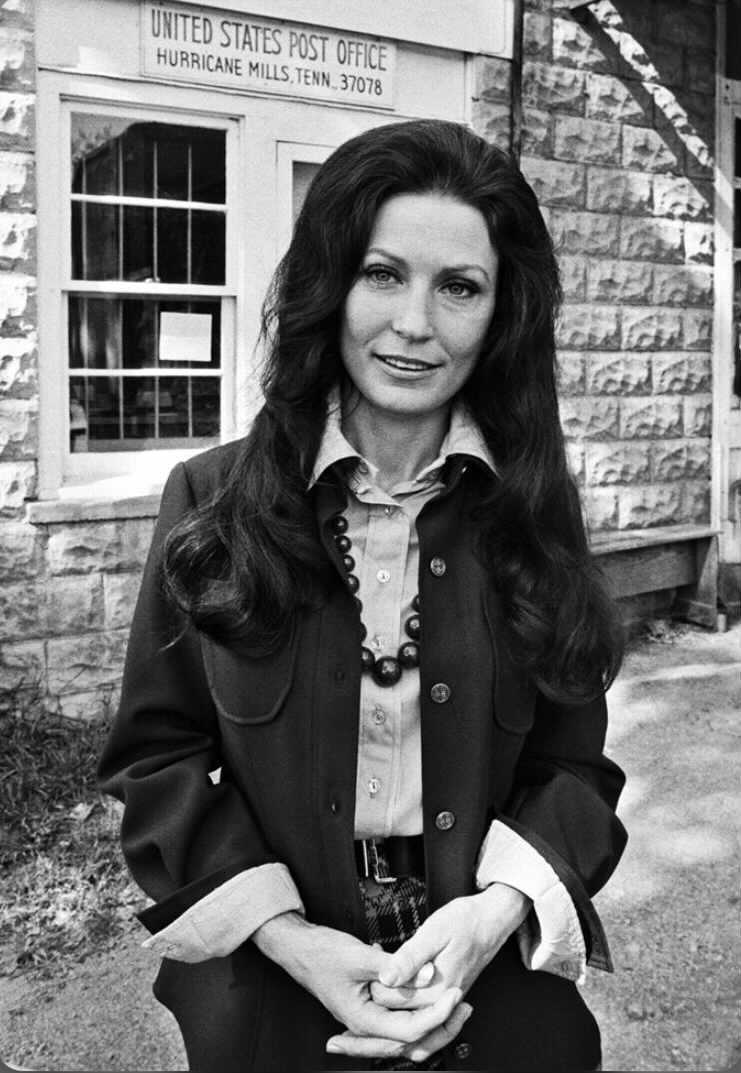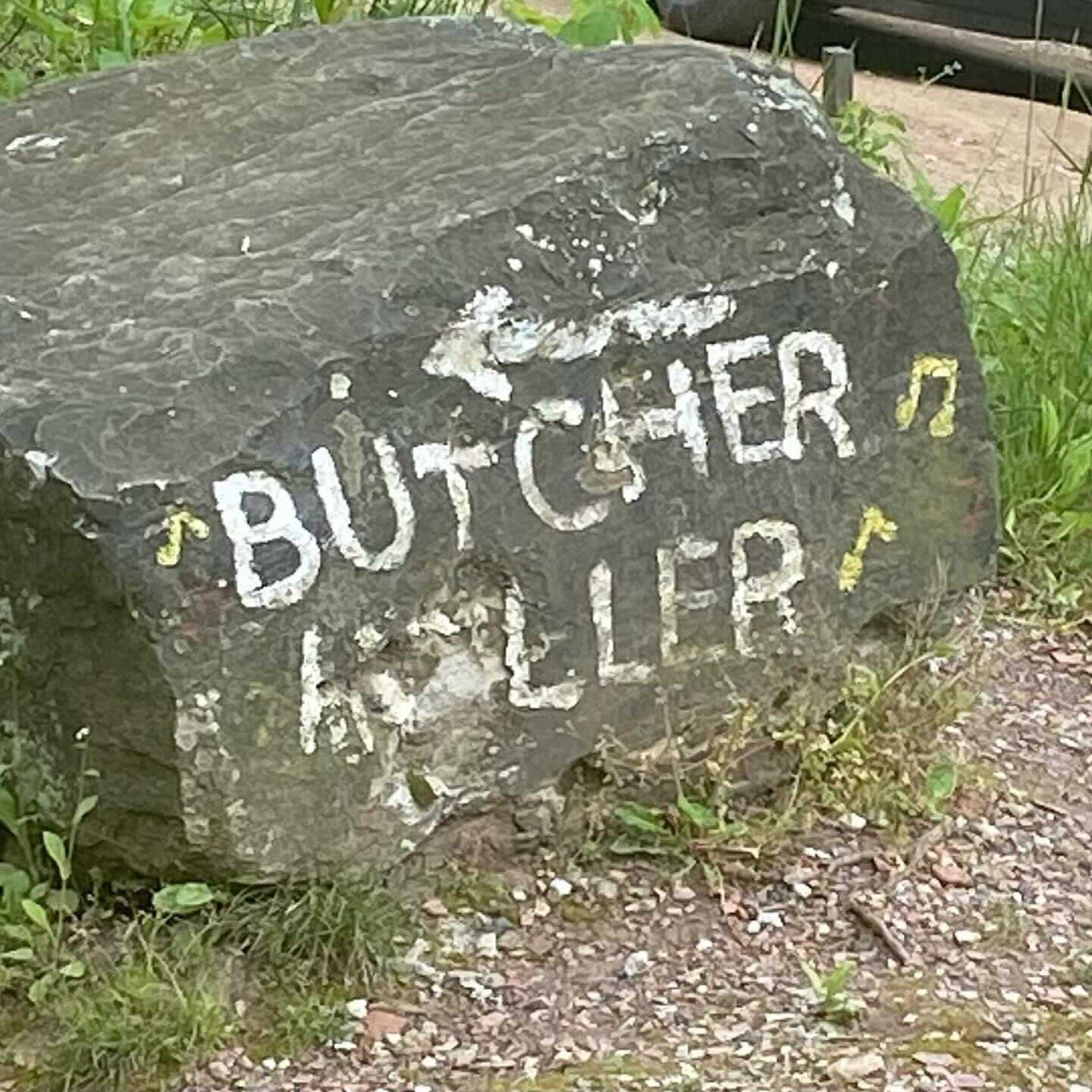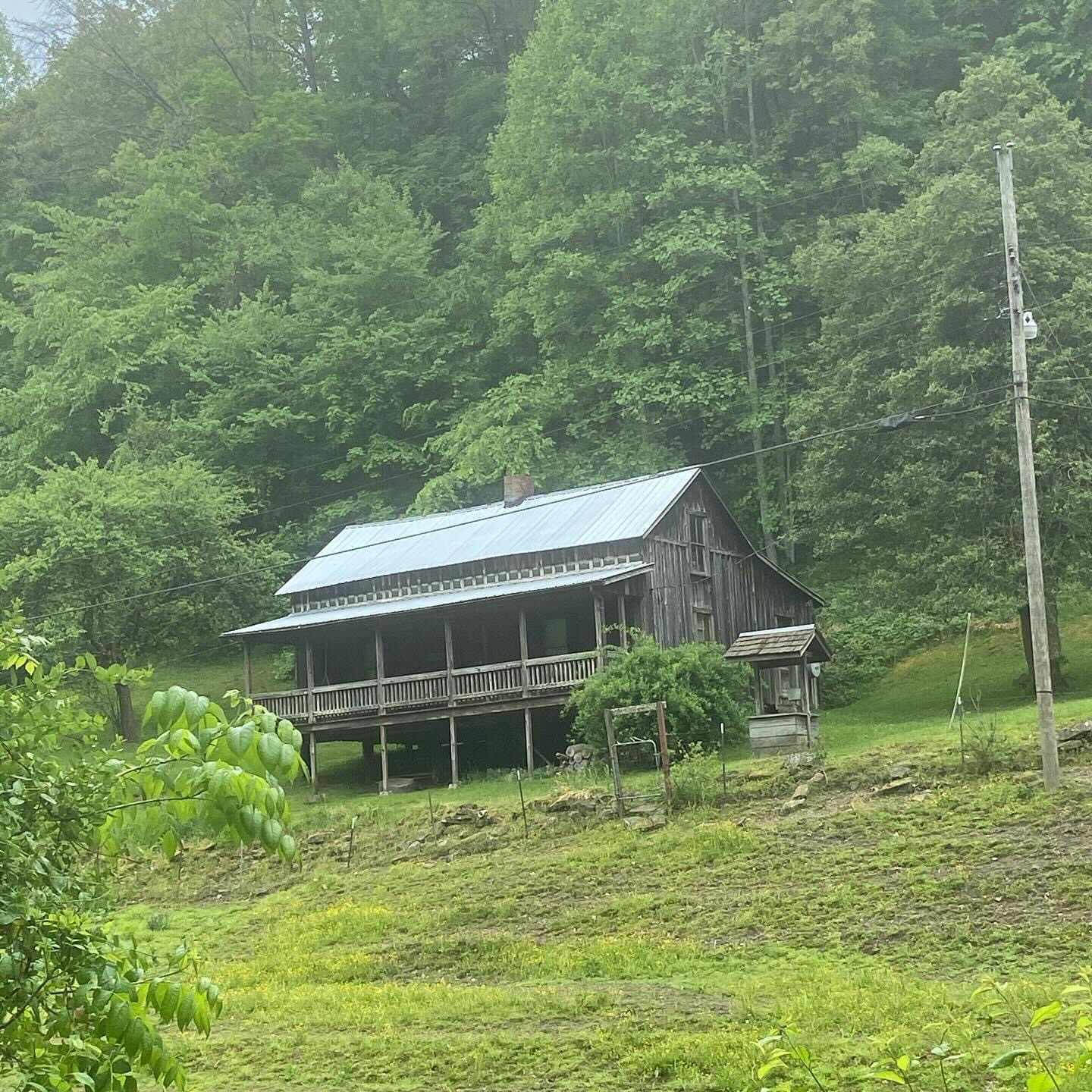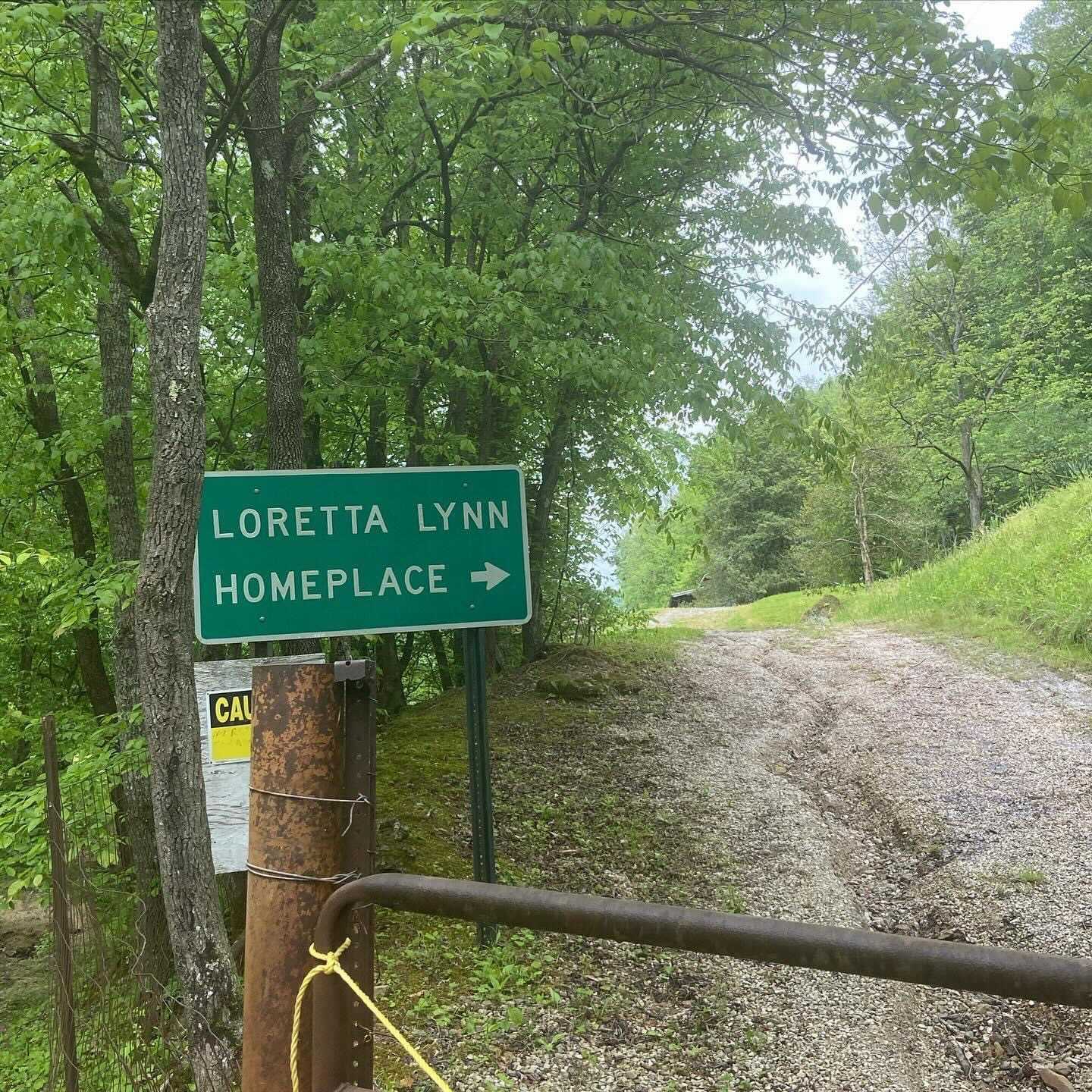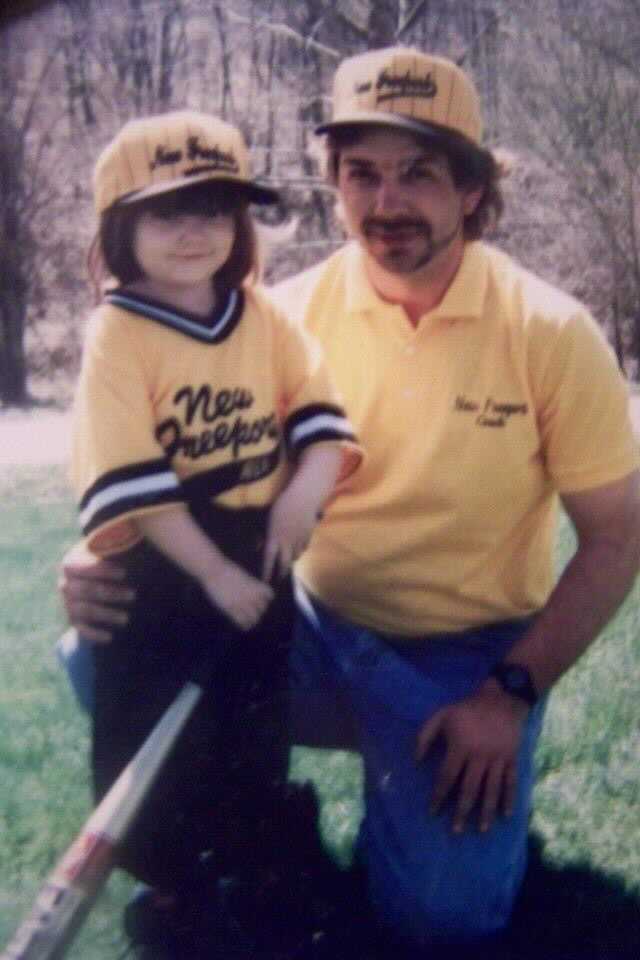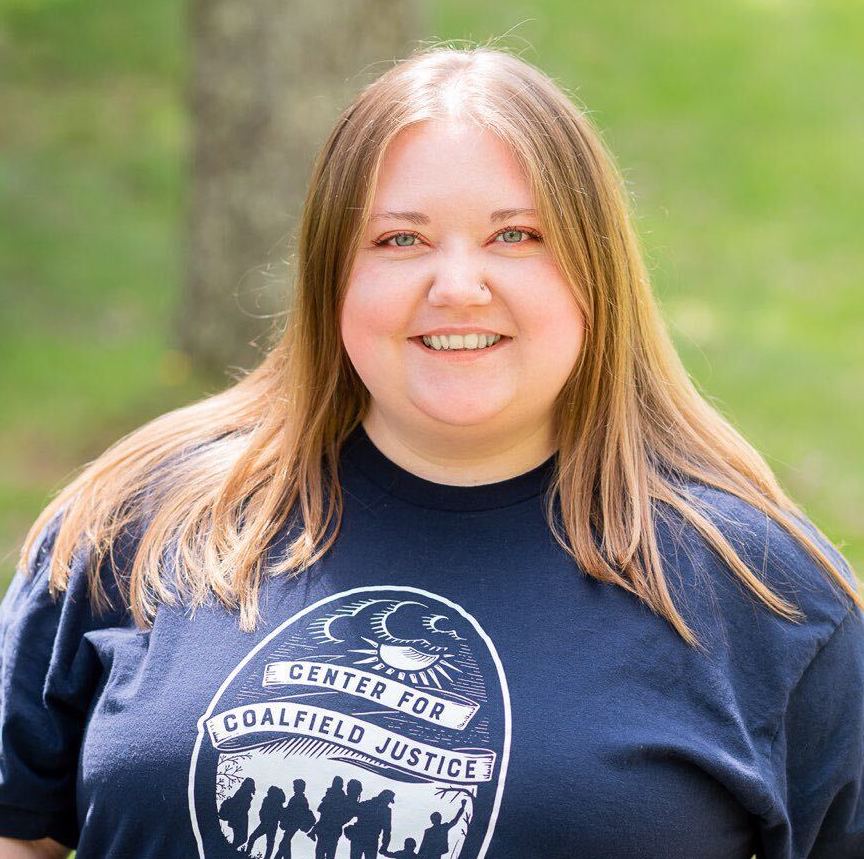This is the 24th installment in our What’s on your mind? blog series and was written by CCJ Community Organizer Tonya Yoders. Have something on your mind? Write about it! Please read this blog for more information.
Growing up in rural Appalachia, on a dirt road in a single-wide trailer, forty-five minutes from the nearest grocery store, I was always looking for people to relate to. I must say, there weren’t many people who I could find similarities with. Not famous or well-known people, anyway.
Being from the area I was from, where fossil fuel industries like coal mining and oil and gas were the only industries where most folks could find decent-paying jobs, opportunities were few and far between. Most men I knew growing up worked in those industries, either heading deep underground into mines or onto a well pad just to make enough money to keep their families afloat. There weren’t many other choices.
I also wasn’t exposed to a ton of “outside” sources of culture. Appalachia was my culture. I watched whatever was on the two channels our TV antenna could pick up and constantly listened to country music; the most prominent singer in our household was the one-and-only Loretta Lynn. I listened to her sing with pride about being from the country and having a father who worked hard in a physically dangerous and draining trade. I could definitely relate to those things.
Loretta had a way of simply being honest. She was honest in her music about where she came from, being a woman in Appalachia, marrying young and the hardships that came along with that and, perhaps most famously, about her roots as a coal miner’s daughter. Her father, Melvin Theodore “Ted” Webb, worked as a coal miner for years, while also engaging in subsistence farming, growing food to meet their immediate needs. Even though her father was so hardworking, Loretta and her family lived in extreme poverty. That is also something I could relate to in some ways.
The area where I was raised is known for coal mining. As of 2016, Greene County was still producing more coal than any other county in the state. The history of coal mines in Greene runs deep. Small drift mines where workers dug the coal by hand and transported it to businesses in wagons was going on here way back in the 1880s. Larger mines began appearing in the early 1900s and have continued ever since. By the 1980s, we were producing the most coal in the state, and 18% of the total coal in Pennsylvania. Two new railroads were built to support this growing industry and carry the coal out of the area to be sold.
Along with coal, the oil and gas industry has been a very influential and important part of life here – there is no denying that. It is how many people who were born here were brought up, being fed from the money made in the coalfields and on the well sites. It is how I was brought up.
I related deeply to Loretta Lynn in many ways. She grew up in an Appalachian holler, as did I. She had a hard working dad and a very caring mother, as did I. She had pride in where she came from, even though she did not have much to show for it, as do I.
In her most famous song, Coal Miner’s Daughter, she sings the line “We were poor but we had love.” I very much felt that lyric. While my family was not extremely poor, we definitely felt the struggles of living in an isolated county where the economy was not very diverse. My parents felt the weight of having to raise children in an area with less resources than necessary for a totally comfortable life.
Loretta was someone I could look up to, and came from a similar background as me, but “rose above it” – she “got out.” That is what I wanted to do for a very long time, as a teenager and young adult. I wanted to get away from the area and make my life somewhere else, because I could not see a way where I could be comfortable and thriving in such a rural, fairly poor county.
In 2020, I became familiar with CCJ. I started to notice the social media posts and to attend some of the events that they held. I finally realized that I wasn’t so alone in this community. There were people who came from similar backgrounds and were also still living here. The Center for Coalfield Justice helped me realize that I should not have to leave my home – the place I love and where I was born and raised – to live a healthy, happy life. I began to realize that maybe I could stay as well.
Since I started working at CCJ, I have attended quite a few events, from fairs and festivals to our own seed swaps and movie nights. I am often asked at these events “Well, are you for or against coal and coal miners, then?” At first, that question threw me a little bit, and I wasn’t sure how to answer. You see, at CCJ, we are for people. We are for people having healthy environments and thriving economies right here in Washington and Greene Counties. We are for people being able to make decisions for themselves rather than being told what they have to do, or where they have to work, in order to provide for themselves and their families.
We envision a community where we all, no matter what we look like, what our families look like, our personal beliefs, or our backgrounds, can live a good life. We should not have to leave to be able to do that. Our counties are beautiful and so many of us come from families who have been here for generations. We must be tough, because if we weren’t, we wouldn’t still be here. We have endured so much, including economic booms and busts, and are still living right here.
When people ask me if we are “for coal miners,” I think to myself, Of course we are! No one should be forced into a dangerous environment every day just to make a living only to be forgotten later when they develop Black Lung Disease (which is actually how Loretta Lynn’s father died). CCJ has worked with other organizations to push for coal miners to receive black lung benefits. We have stood beside coal miners in their fights for other benefits as well.
We are for people and our right to clean air and water. We are for a diverse and thriving economy that doesn’t force folks into working a job that literally breaks their backs. We are for a community that honors our heritage but also keeps moving forward so that our children and generations to come do not have to deal with the health impacts that we deal with now. That is the whole point, in my opinion: To leave our land and homes better than how we found them so that future generations do not have to struggle so much, so that our children can breathe easier going forward – and in some cases, breathe easier quite literally.
Loretta Lynn’s father “shoveled coal to make a poor man’s dollar.” He worked hard to make a better life for his kids. He went underground, into the dark every day so that Loretta could rise into the light, into stardom.
I fully believe that if we as a community work together, not against each other, we can hold accountable the people and corporations who just want to take advantage of us and our resources…and we can thrive. I fully believe that if we work together, we won’t have to sacrifice our health and our homes any longer. I think that is the best way we could honor those who came before us, those who worked in the coal mines to give us a better life.
The passing of Loretta Lynn on October 4th was like the end of an era. She was Appalachia’s Queen. Her story is so close to many folks who were brought up in these hills and hollers. So many people in our counties saw themselves in her, I am sure. What better way to honor what she stood for than by being honest about our lives just as she was, by staying true to our roots, and by acknowledging that things could be better? What better way to honor a coal miner’s daughter than making sure the industries in which we work now aren’t as harmful? As an oil-and-gas worker’s daughter, I want to move forward and progress while remembering where we came from. Despite what some want you to think, it is possible. It is a unique perspective, looking forward through an Appalachian lens. But, I think, our lens is a very vital one for our future.
###

